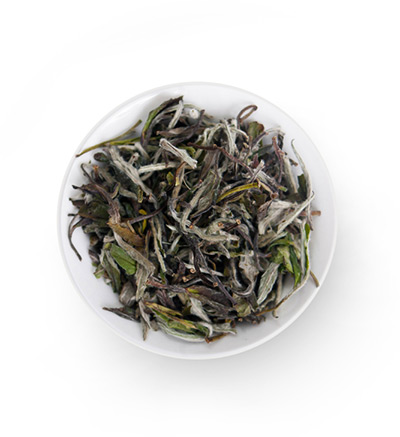okt . 12, 2024 00:17 Back to list
best apricot pollen germination
Best Apricot Pollen Germination The Key to Successful Pollination and Fruit Production
Apricots, cherished for their sweet, succulent flesh and vibrant color, are a prominent fruit crop enjoyed globally. To ensure optimal fruit production, the process of pollen germination is essential. Pollen germination is a crucial step in the reproductive process of flowering plants, allowing fertilization and subsequent fruit development. Understanding the factors that contribute to the best apricot pollen germination can significantly enhance apricot cultivation and yield.
Pollen from the apricot tree (Prunus armeniaca) is typically carried by the wind or by pollinators such as bees. The ideal conditions for pollen germination are influenced by various environmental and biological factors, including temperature, moisture, and pollen viability. For apricots, optimal temperatures for pollen germination generally range from 20 to 25 degrees Celsius (68 to 77 degrees Fahrenheit). At these temperatures, pollen tubes can develop rapidly, ensuring timely fertilization of the ovules.
Moisture plays a critical role in pollen germination. Apricot pollen grains are typically dehydrated when they are shed. Upon landing on a receptive stigma—the female part of the flower—these grains need to absorb water to trigger germination. Researchers have found that high humidity levels can enhance germination rates. However, excessive moisture can lead to fungal infections that harm the pollen grains. Therefore, achieving a balance is vital for successful germination.
Pollen viability, or the ability of pollen to fertilize ovules, is another significant factor. Factors such as flower age and environmental conditions at the time of pollen production can impact viability. Freshly collected pollen typically exhibits higher viability. Apricot growers should harvest pollen at the right time for the best results. Studies have shown that storing the pollen under cool, dry conditions can maintain its viability for several weeks, allowing growers to synchronize pollination efforts if necessary.
best apricot pollen germination

Another critical aspect to consider is the genetic compatibility between the apricot cultivars. While some apricot trees are self-pollinating, others require cross-pollination with different cultivars to set fruit. Therefore, selecting compatible pollen sources can enhance pollen germination and improve overall fruit set. To achieve optimal genetic pairing, growers often plant multiple apricot varieties in close proximity.
The role of pollinators cannot be overlooked in the context of apricot pollen germination. Bees and other pollinators not only help transfer pollen from male to female flowers but also contribute to creating a suitable microclimate around the bloom. Pollinators are essential in ensuring that pollen is delivered effectively, which can dramatically increase the chances of successful germination.
In addition to these biological factors, environmental management techniques can be employed to enhance pollen germination rates. For instance, ensuring that apricot trees are grown in well-drained soil can prevent waterlogging, which may negatively influence moisture levels around the pollen. Implementing proper irrigation strategies can also support optimal moisture conditions during the flowering period.
Finally, advancements in agricultural technology, including precision farming tools and pollen viability testing, are enhancing how growers manage apricot production. These tools can provide insights into the specific needs of trees during the blooming season, helping optimize the conditions for effective pollen germination.
In conclusion, understanding and optimizing the factors influencing apricot pollen germination is pivotal for successful fruit production. By creating the right environmental conditions, selecting suitable pollen sources, and working with pollinators, apricot growers can significantly improve yield quality and quantity. As the world continues to embrace sustainable agricultural practices, mastering the art of pollen germination in apricots stands out as a fundamental step towards ensuring food security and agricultural resilience.
-
High-Quality Peach Tree Pollen for Pure Pollination Success
NewsAug.09,2025
-
Fruit Paper Bags: Protect from Plant Pollen & Pests
NewsAug.08,2025
-
Plant Pollen Guide: Types, Uses & Artificial Pollination
NewsAug.07,2025
-
High-Viability Male Kiwipollen for Sale | Boost Yield
NewsAug.06,2025
-
Eco Fruit Paper Bags for Peak Freshness | Durability Focused
NewsJul.31,2025
-
Pollen Peach Tree for Pure Pollination and High-Quality Peach Pollen
NewsJul.30,2025